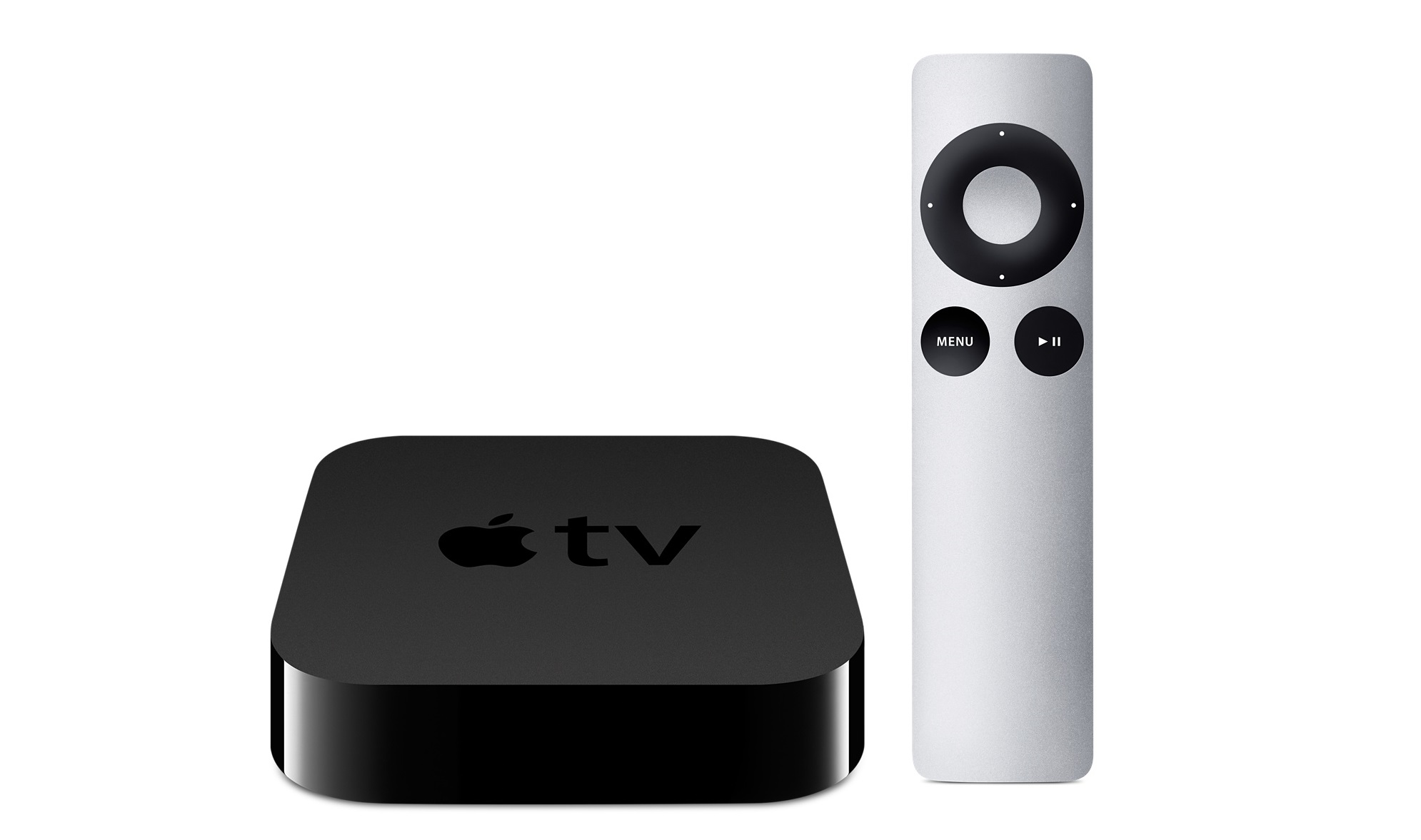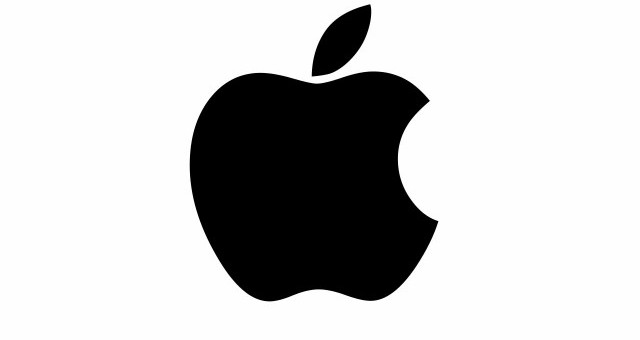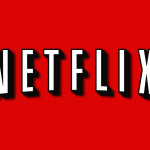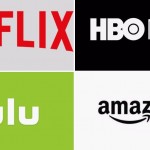By William Page – Co-founder of FilmDoo
The launch last Wednesday of Apple’s new TV device may be the first step by the company into production of original film and TV content. The move highlights the dramatic shift of power taking place in the commissioning and distribution of original content.
The new Apple TV device will be available in October, and cost $149 for a 32-GB model and $199 for the 64-GB model. Running on a new operating system, it’ll provide users with a way to search iTunes, Netflix, Hulu, HBO, Showtime and other content providers via universal search, displaying search results immediately. Significantly the new OS will allow developers to build their own apps for the device, and Apple is starting off with apps from Hulu, HBO and a few other key media partners. This makes sense and mirrors other streaming providers in enabling consumers to choose the content providers they are subscribing to or using more regularly.
Rumours are now circulating that Apple’s ambitions in the film and TV space are far wider than initially expected and extend past just providing a means for consumers to access content. According to Variety, the scale of Apple’s ambitions may be to create a development and production division focussed on commissioning original TV and film content. Such a division would commission content on an exclusive basis for the Apple platform, whether it’s iTunes or for the Apple TV, and would be a key way for Apple to attract consumers to its product offering. It’s even been rumoured that Apple is said to have made an unprecedented bid to secure the stars of Top Gear when they exited their BBC series earlier this year, although Amazon ended up winning the bidding war.

Given that Apple has some $200+ billion in reserves it certainly has the financial clout to throw enough resources to ensure that it gets the right content. It also has the technological know-how to ensure that the content can be widely distributed through its various devices and ancillary partners. In doing so, it will control all aspects of the value chain from the device people watch content on all the way through to the choice of content that people will have available to them.
If the launch of the new Apple TV is the first move into it commissioning original content then such a move would have significant implications in the fast moving content world. It could potentially set up a showdown with the other emerging streaming giants of Netflix, Amazon and Hulu over the commissioning of content, especially TV series.
This move also highlights the changes taking place in the industry with power shifting from the TV networks to the VOD platforms and distribution channels. This shift is only going to increase as consumers ‘cord-cut’ from existing cable and satellite providers and instead choose to watch content when and where they want to via new VOD distribution networks. The change in consumer behaviour will likely accelerate as both broadband speeds and choices available to consumers expand.
Indeed, in many ways, the entrance of technology giants such as Apple, Google and Netflix into the commissioning of original film and TV content reflects the changes which took place in the ‘50s and ‘60s when the TV networks emerged and power shifted from the studios to the TV networks. At the time the studios dismissed the power of TV networks but would eventually find themselves at their mercy.
Whether history repeats itself with the shift in power to the VOD and technology platform providers remains to be seen but the signs so far are ominous for the TV networks and studios.







One thought on “FEATURE: APPLE’S POTENTIAL MOVE INTO THE COMMISSIONING OF FILM AND TV CONTENT”